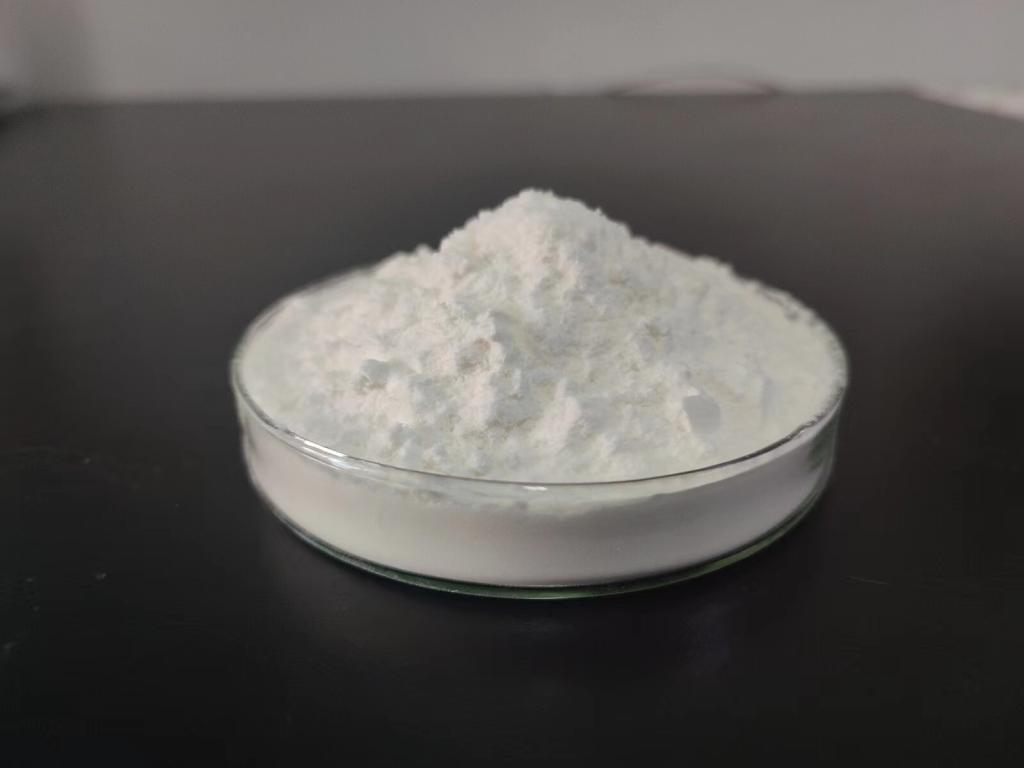Tel:+8618231198596

News
 CONTACT
CONTACT
 CONTACT
CONTACT
- Linkman:Linda Yao
- Tel: +8618231198596
- Email:linda.yao@dcpharma.cn
- Linkman:CHARLES.WANG
- Department:Overseas
- Tel: 0086 0311-85537378 0086 0311-85539701
News
Direct sale ε-Polylysine Hydrochloride's Role in Mitigating Spoilage in Functional Drinks.
TIME:2023-10-12
The Rise of Functional Drinks
Functional drinks, also known as nutraceutical beverages or health drinks, are formulated to provide additional health benefits beyond basic nutrition and hydration. These beverages are formulated with various bioactive compounds, such as vitamins, minerals, antioxidants, probiotics, and herbal extracts, to address specific health concerns. Functional drinks include categories like energy drinks, sports drinks, functional water, vitamin-infused beverages, and more.
The Challenges of Spoilage in Functional Drinks
While functional drinks offer a range of health benefits, they often face challenges related to spoilage due to the presence of bioactive ingredients and their exposure to various environmental factors. Common spoilage issues in functional drinks include:
Microbial Growth: The presence of water, nutrients, and bioactive compounds provides an ideal environment for microbial growth, leading to off-flavors, odors, and safety concerns.
Oxidation: Many functional drinks contain antioxidants, which can be highly susceptible to oxidation, resulting in the deterioration of product quality and health benefits.
pH Variability: Functional drinks may have varying pH levels, which can impact the stability of bioactive compounds and the overall product shelf life.
Consumer Safety: The growth of harmful microorganisms in functional drinks can pose a risk to consumer health, emphasizing the importance of microbial control.
ε-Polylysine Hydrochloride: An Introduction
ε-Polylysine hydrochloride is a naturally occurring antimicrobial peptide produced by certain strains of soil bacteria. It has gained recognition in the food industry as an effective antimicrobial agent. Key properties of ε-Polylysine include:
Natural Origin: ε-Polylysine is derived from natural fermentation and is considered safe for human consumption.
Broad-Spectrum Activity: It exhibits antimicrobial activity against a wide range of pathogenic bacteria, including Listeria, Staphylococcus, and Clostridium.
Shelf Life Extension: ε-Polylysine is effective in inhibiting the growth of spoilage microorganisms, extending the shelf life of various food and beverage products.
Clean Labeling: As a natural preservative, ε-Polylysine aligns with clean-label trends, as it does not require the inclusion of artificial additives.
Stability: ε-Polylysine remains active across a range of pH levels and temperatures, making it suitable for a variety of applications.
Mitigating Spoilage in Functional Drinks
ε-Polylysine hydrochloride offers several advantages for mitigating spoilage in functional drinks:
Microbial Control: Its broad-spectrum antimicrobial activity helps prevent the growth of spoilage microorganisms, ensuring product safety and maintaining flavor and aroma.
Antioxidant Preservation: ε-Polylysine's ability to inhibit oxidation can help preserve the integrity of bioactive compounds, ensuring that consumers receive the intended health benefits.
pH Stability: ε-Polylysine remains active across a range of pH levels, providing stability in a variety of functional drink formulations.
Clean Labeling: As a natural preservative, ε-Polylysine allows manufacturers to meet consumer demand for clean-label products, which are free from synthetic additives.
Shelf Life Extension: By controlling microbial growth and inhibiting oxidation, ε-Polylysine extends the shelf life of functional drinks, reducing waste and improving product availability.
Considerations and Best Practices
To make the most of ε-Polylysine hydrochloride in mitigating spoilage in functional drinks, several considerations and best practices should be kept in mind:
Regulatory Compliance: Complying with local regulations and standards for food and beverage additives is essential.
Dosage: Determine the appropriate dosage of ε-Polylysine for the specific formulation to ensure optimal antimicrobial and antioxidant effects.
Product Compatibility: Conduct compatibility tests to ensure that ε-Polylysine integrates effectively into the functional drink formulation.
Storage Conditions: Proper storage of functional drinks to maintain product quality is crucial, as ε-Polylysine's efficacy can be affected by temperature and environmental factors.
Consumer Education: Educate consumers about the benefits of ε-Polylysine in functional drinks, emphasizing its role in maintaining product quality and safety.
Conclusion
Functional drinks have gained popularity as consumers seek health benefits from their beverages. However, the inclusion of bioactive ingredients in these products makes them susceptible to spoilage, impacting product quality and safety. ε-Polylysine hydrochloride, with its natural origin, broad-spectrum antimicrobial properties, antioxidant preservation, and clean-label advantages, plays a vital role in mitigating spoilage in functional drinks.
As the functional beverage market continues to expand, ε-Polylysine presents an opportunity for manufacturers to enhance product shelf life, maintain health benefits, and improve consumer safety. Its role in extending the availability of these health-oriented beverages underscores the value of this natural preservative in the modern food and beverage industry.
- Tel:+8618231198596
- Whatsapp:18231198596
- Chat With Skype







